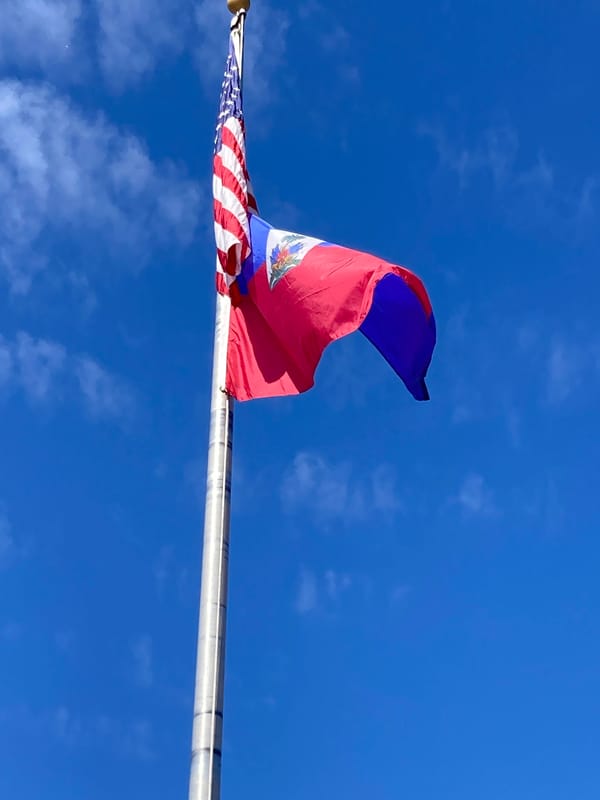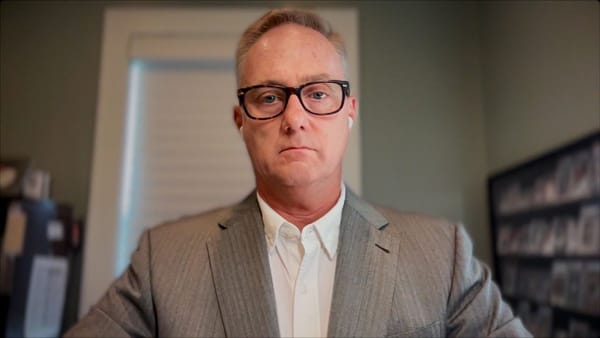Bush appointed Judge Blocks Provision in HB 1, Money is Speech in Ohio

STATEWIDE - In a move that may come as little surprise, a last minute filing by a George Bush appointed judge, Judge Michael Watson, has effectively blocked the roll out of House Bill 1, which sought to curb foreign national financing of politics in Ohio.
In a filing submitted mere hours before the bill was set to take effect, the Southern District of Ohio judge argued that the bill effectively violated the first amendment rights of legal residents to donate funds as they see fit. According to Watson, the fact that Legal Permanent Residents have the ability to serve in the military, but not to donate money towards political issues was at the root of the issue.
"It would be absurd to allow Legal Permanent Residents to fight and die for this country, on the one hand, and to prohibit them from making incidental expenditures for a yard-sign that expresses a view on state or local politics, on the other," Watson wrote. "So, if the U.S. Federal Government trusts LPRs to put U.S. interests first in the military, how could this Court hold that it does not trust them to promote U.S. interests in their political spending? It cannot."
Opponents of the ruling have argued with Watson’s definition of 'U.S. Interests.' Over the years it has become increasingly apparent that factions within the government may have one set of interests, while the American people may have entirely different sets. Recent studies have even gone so far as to prove that the federal government quite literally doesn't care what the people want.
Some may argue that if one wished to subscribe to the belief that the U.S. military represented a solitary structured arm of patriotic nationals, then serving for them would be to adhere to those sets of principles within 'their' interest, which might be completely in opposition of the individual thoughts or machinations of a foreign national’s desires through their speech; i.e. a foreign national's interest are not always the same as 'America's' depending on how one defines it.
Watson has a history of supporting foreign influence in Ohio politics. Previously he ruled on the 2013 case Citizens in Charge, Inc. v. Husted by granting an injunction against Senate bill 47 that would have prohibited non-residents from collecting political petition signatures, except in the case of presidential candidate, effectively allowing foreigners to collect ballot signatures to influence the Ohio political landscape.
The argument over political donations has been a hot button issue since the Supreme Court Ruling on Citizens United in 2010, which effectively cemented the opinion that financial contributions are political speech in the United States. Opponents of this have continued to argue that the ruling flies in the face of the purpose of the first amendment, which has always been tied to literal verbal speech or the written word. In communications between Thomas Jefferson and James Madison, Jefferson had suggested the free speech clause read as follows:
“The people shall not be deprived or abridged of their right to speak, to write or otherwise to publish anything but false facts affecting injuriously the life, liberty, property, or reputation of others or affecting the peace of the confederacy with foreign nations.”
Had this provision maintained such language, the current landscape of media and political campaign contributions may be entirely different.
House Bill 1 was passed during a special session of the Ohio Legislature to permit Joseph Biden on the ballot prior to the party shifting to Kamala Harris as their front runner.
“I don't think anybody is worried about the average green card holder,” Governor DeWine Said. "But we are worried about somebody who's got enough money to tilt the scales in an election in the state of Ohio and who can't vote. But they can come in here and they don't even live here, but they can come in here and dump a bunch of money."
It was noted as well that House Bill 1 did not seek to block foreign companies from donating in political ballot initiatives, only lawful permanent residents, which has led to some criticism of the initiative.




